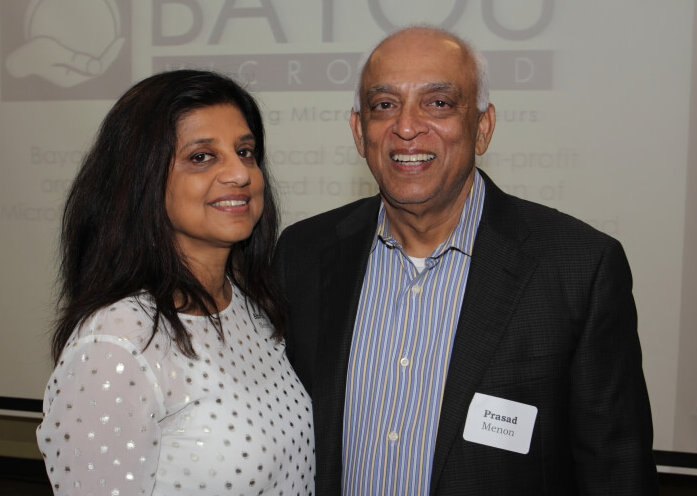Planting The Seed
Dad, Are we Rich?
From a 2011 speech given at a Global TiE meeting in Bali

Almost twenty-five years ago, when my younger son was 3 years old, he asked me a question that has followed me throughout my life: “Dad, are we rich?”
I was taken totally by surprise and quickly responded with a question of my own, “Why do you ask?”
My son responded, “If we are rich, then I don’t have to go to school!”
Both my wife Amrita and I come from frugal government salaried parents, and after seeing the history of other families, we suddenly realized that wealth, when earned, has to be used wisely. What might seem like a blessing can quickly become a curse. I’m sure my son had asked the question based on something he’d seen on TV or overheard in school, but the question still stayed with me.
Wealth is very relative. One thing is certain: there are always others who are wealthier than you. The opposite also applies; you are always wealthier than others!For some, wealth happens when more money does not change where you live, what you eat, and whom you sleep with. But this does not apply to all. For many, simply having the ability to give back and support others’ pursuit of financial security– even on a small scale– can itself qualify as wealth.
For those of you who fit this definition, ask yourself: what do we do now?
Let’s use the collective force of our wealth to create more wealth for our communities by creating more entrepreneurs. I’m not talking about the few start-ups that may or may not go public, but the thousands and thousands of entrepreneurs that are yearning to start a business. They don’t have the seed money, the funding, or the advice to become entrepreneurs. But they have the vision, and isn’t that something we should support?
This has to be more a social investment than an economic one. The return will not be economic but the pure satisfaction of helping others and manifesting a virtual cycle of wealth creation. By giving back, let’s encourage a definition of wealth that extends beyond the individual back to the community and has the potential to support generations to come.
– Prasad Menon
